Think all nuts are a health food free pass? Think again. While almonds, cashews, and macadamias often top the “superfood” charts, some nuts hide risks that can quietly sabotage your wellness goals. From hidden toxins to digestive disruptors, these seemingly innocent snacks could be causing more harm than good if you’re not careful. Doctors warn that what you don’t know about these 6 types of nuts could be impacting your energy, gut health, and even your safety. Before you reach for another handful, discover which nuts you might want to skip to keep your health on track and thriving.
1. Raw Cashews: Hidden Toxins
The “raw” cashews in stores aren’t truly raw – and that’s actually saving you from harm. Truly raw cashews contain urushiol, the same irritating compound found in poison ivy that causes painful skin rashes and internal reactions if consumed.
Commercial cashews undergo steam-boiling or roasting to destroy these toxins before reaching store shelves. This processing makes them safe to eat and allows us to enjoy their creamy texture and nutritional benefits.
If you ever encounter genuinely raw cashews (which have a shiny, reddish outer shell), avoid handling or eating them to prevent potential allergic reactions.
2. Horse Chestnuts: Nature’s Impostor
Often confused with edible chestnuts, horse chestnuts (also called conkers) are actually dangerous imposters. They contain aesculin, a toxin that can cause severe stomach problems, vomiting, and even paralysis in serious cases.
You can spot these dangerous nuts by their smoother, rounder appearance and lack of tassel or point at the end. While they might look tempting, especially to children who find them on the ground in parks, they’re strictly ornamental.
If accidentally ingested, contact poison control immediately as symptoms can develop rapidly and may require medical intervention.
3. Moldy Almonds: Invisible Danger
Regular almonds are nutritional superstars – unless they’ve developed mold. Improperly stored almonds can harbor aflatoxins, potent carcinogens produced by certain fungi that thrive in warm, humid conditions.
Always check almonds for discoloration, shriveling, or musty odors before eating. Store them in cool, dry places and consider refrigeration for longer freshness, especially in humid climates.
Consuming moldy almonds may not cause immediate symptoms but can contribute to long-term health issues, including liver damage and increased cancer risk. When in doubt about their freshness, it’s safer to discard them.
4. Bitter Almonds: The Deceptive Cousins
Unlike their sweet counterparts, bitter almonds harbor a dangerous secret. They contain amygdalin, a compound that converts to cyanide in your body when consumed. Even a small handful could deliver a potentially fatal dose.
Most countries ban their raw sale for this very reason. If you’ve accidentally purchased these instead of regular almonds, you might notice their distinctly bitter smell and taste – a natural warning sign.
Processed bitter almonds used in extracts are safe because the cyanide compounds have been removed, but the raw nuts should never be eaten under any circumstances.
5. Macadamia Nuts: Caloric Bombs
While not directly toxic to humans, macadamia nuts pack a serious caloric punch that can sabotage weight management goals. A single ounce contains nearly 200 calories and 21 grams of fat – among the highest of all nuts.
Pet owners should know these creamy nuts are extremely toxic to dogs, causing weakness, vomiting, hyperthermia, and even inability to walk. Keep them well out of reach of your furry friends.
For humans, enjoy macadamias in strict moderation. Their high fat content makes them particularly harmful when rancid, so always store them properly and discard any that smell off or taste bitter.
6. Pine Nuts: Mysterious Taste Distorter
Ever heard of “pine mouth”? Certain varieties of pine nuts, especially those imported from China, can trigger a bizarre condition where everything tastes intensely bitter or metallic for days or even weeks after consumption.
Scientists haven’t fully explained this phenomenon, but it appears related to specific species rather than spoilage. While not dangerous, this taste distortion can make eating and drinking extremely unpleasant.
To avoid this strange reaction, source Mediterranean or American pine nuts when possible, and consider testing a small amount first if you’re trying a new brand. The condition resolves on its own but can certainly ruin your dining experience while it lasts.
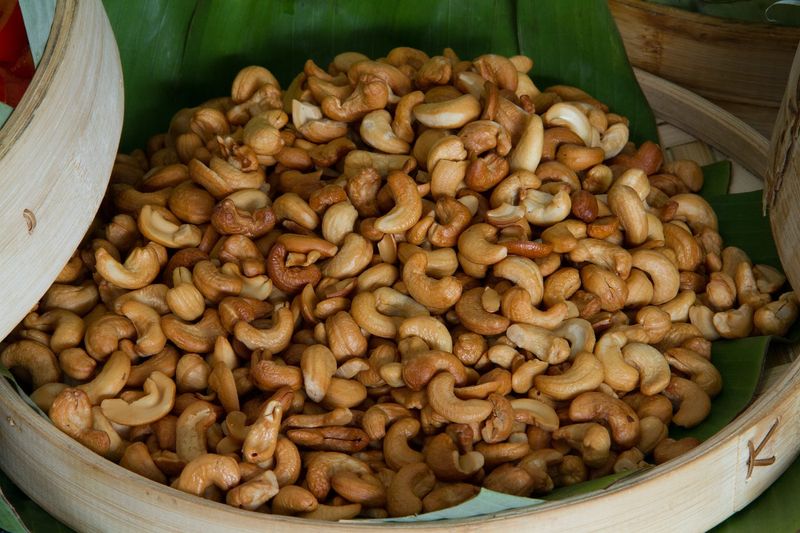
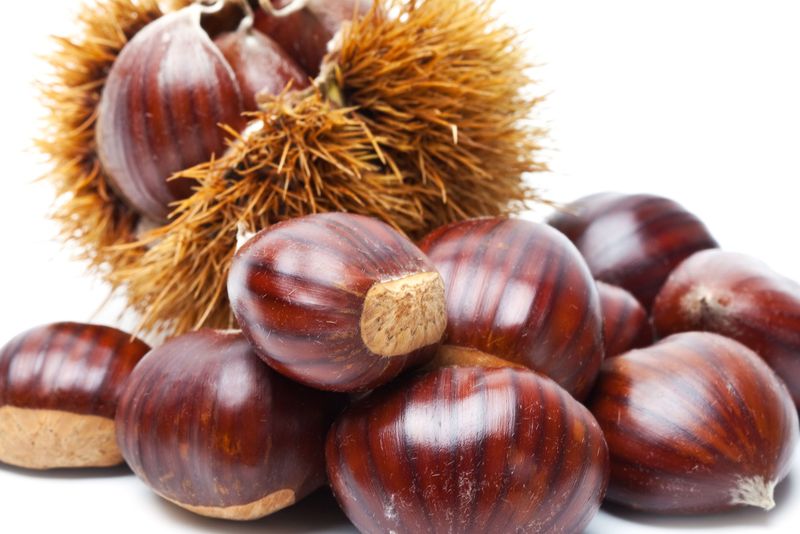
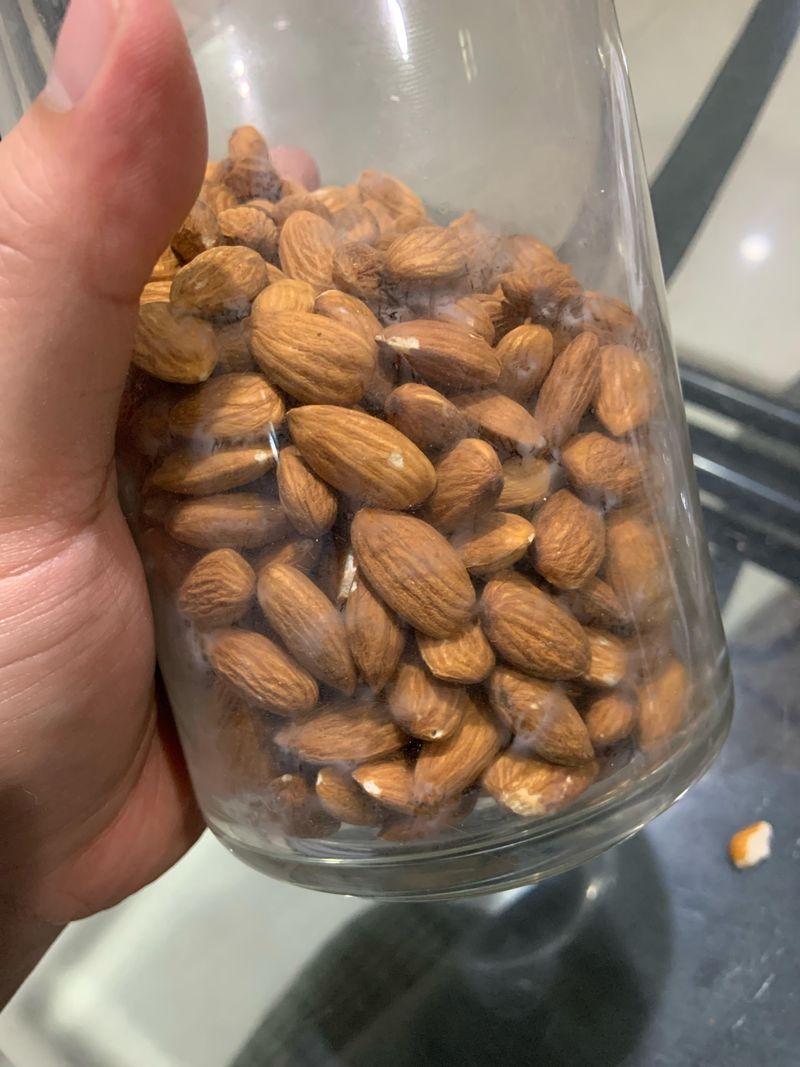
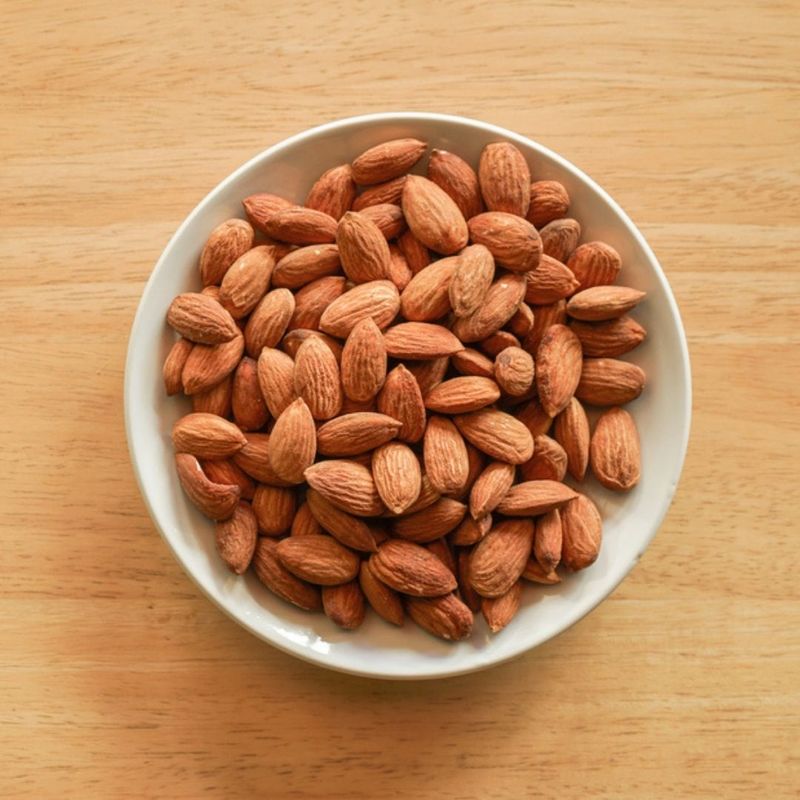
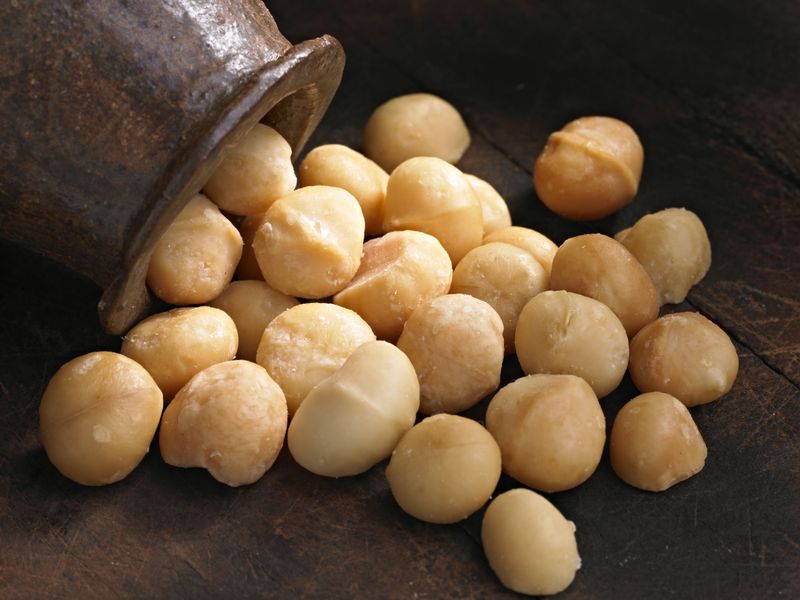
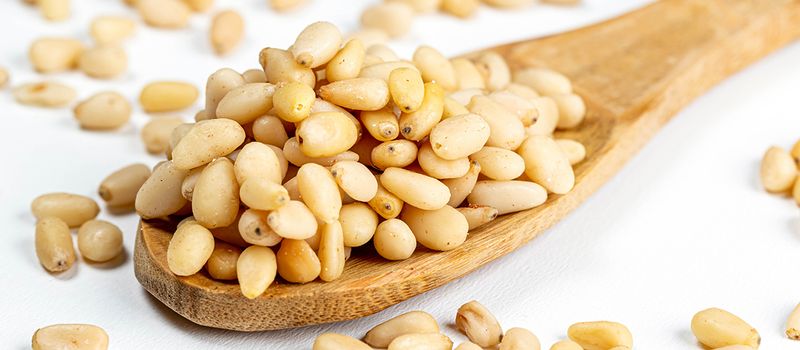
Leave a comment